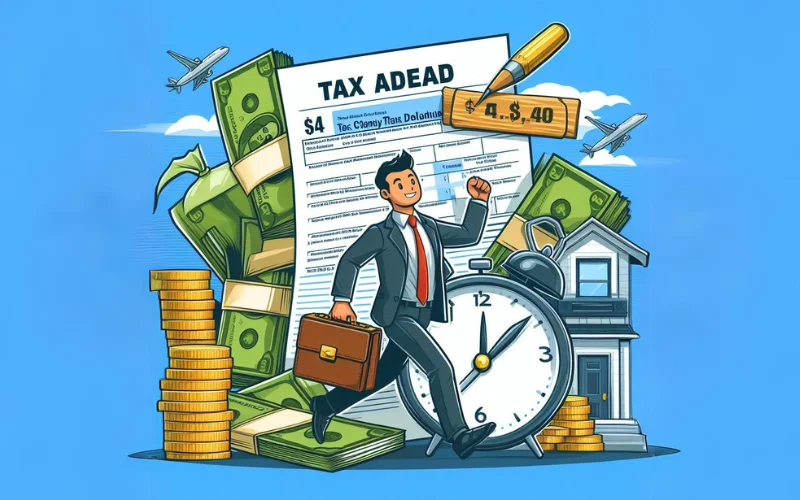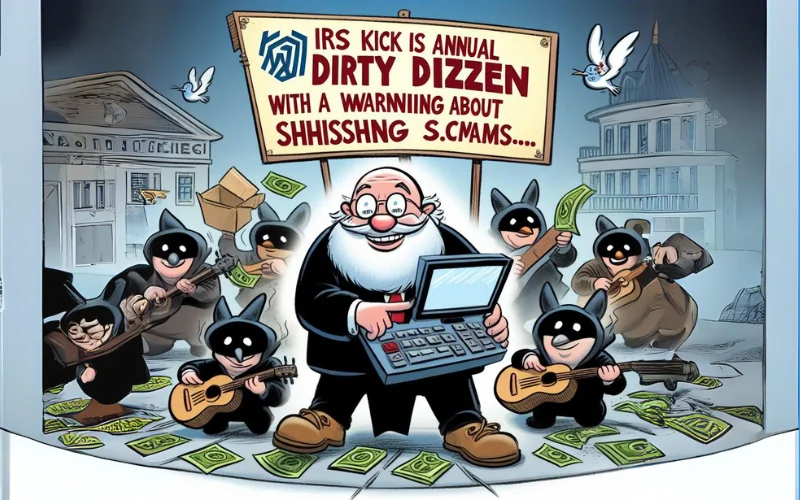Cryptocurrency is exploding and the government wants in. For years, it has been way too easy for investors to get away with not reporting their crypto-related taxes. Now the IRS is stepping up with its efforts to collect.
Federal judges have approved two IRS summons which were delivered to the Circle payments company and the crypto exchange firm Kraken demanding them to turn over the names of any customers who have had over $20,000 in transactions since 2016.
Their mission is to monitor crypto more closely so tax requirements will be similar to those enforced on the stock market.
The new initiative could mean substantial income for the government. They have already cracked down on one investor that failed to report $5.6 million in transactions and 750 more individuals who had sold over $100 million in crypto.
Failure to pay taxes could result in hefty fines and jail time. The tax rates you owe will depend on how long you held the currency. If you’ve held the currency over a year, you may be looking at long term capital rates that carry a lower rate. If you’ve been investing less than a year, you’ll be facing short term capital gains that carry a rate closer to regular work wages.
Investor Joshua Jarrett Takes a Stand
We all know that there are two things that are unavoidable in life, death and taxes. But there is one investor that’s saying, not this time.
Joshua Jarrett is fighting back by suing the IRS claiming their actions are “in direct contradiction of over 100 years of US tax law.â€
Jarrett goes on to say that like crops harvested by a farmer, currency should not be taxed until it’s sold. He also suggests that those subject to crypto taxes move their operations to other countries with different tax codes. However, the IRS is reportedly intending to compare the data it receives from Kraken with data regarding offshore transactions.
Experts say that Jarrett may have a case on his hands. They back him up agreeing that the creation of property is not a taxable event. This is something that should be specifically considered for investors that stake crypto, which essentially involves parking it so it collects interest.
However, more complications may arise. Originally, the IRS considered crypto to be property. But it’s status may be reviewed in the coming months or years.
As for Jarrett, he pays his taxes. His main pursuit involves the staking of Tezos, an endeavor that yielded him 8,876 tokens in 2019, which are currently valued at $34,000.
He reported $9407 as ‘other income’ on that year’s schedule C form and paid $3293 in taxes. He has since filed a refund claim with the IRS. He has yet to hear back.
The outcome of what will happen is yet unknown. If the government has their way, we can only guess how it will affect the future of crypto. If taxes are incurred, will you still be investing?
Source: Latino Tax Pro





